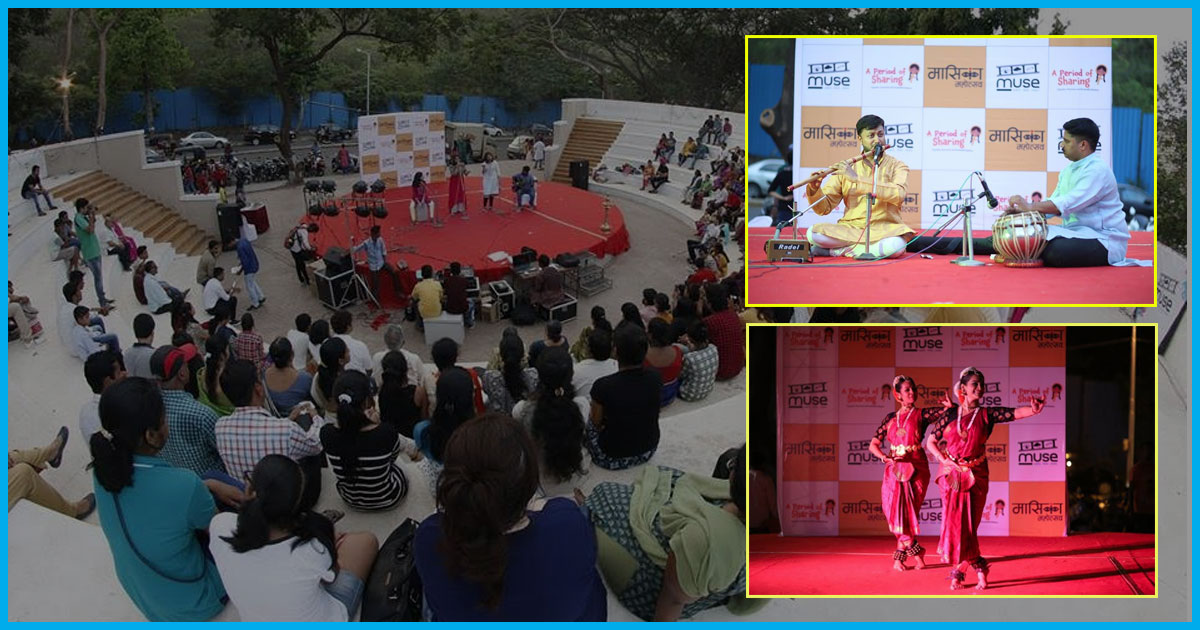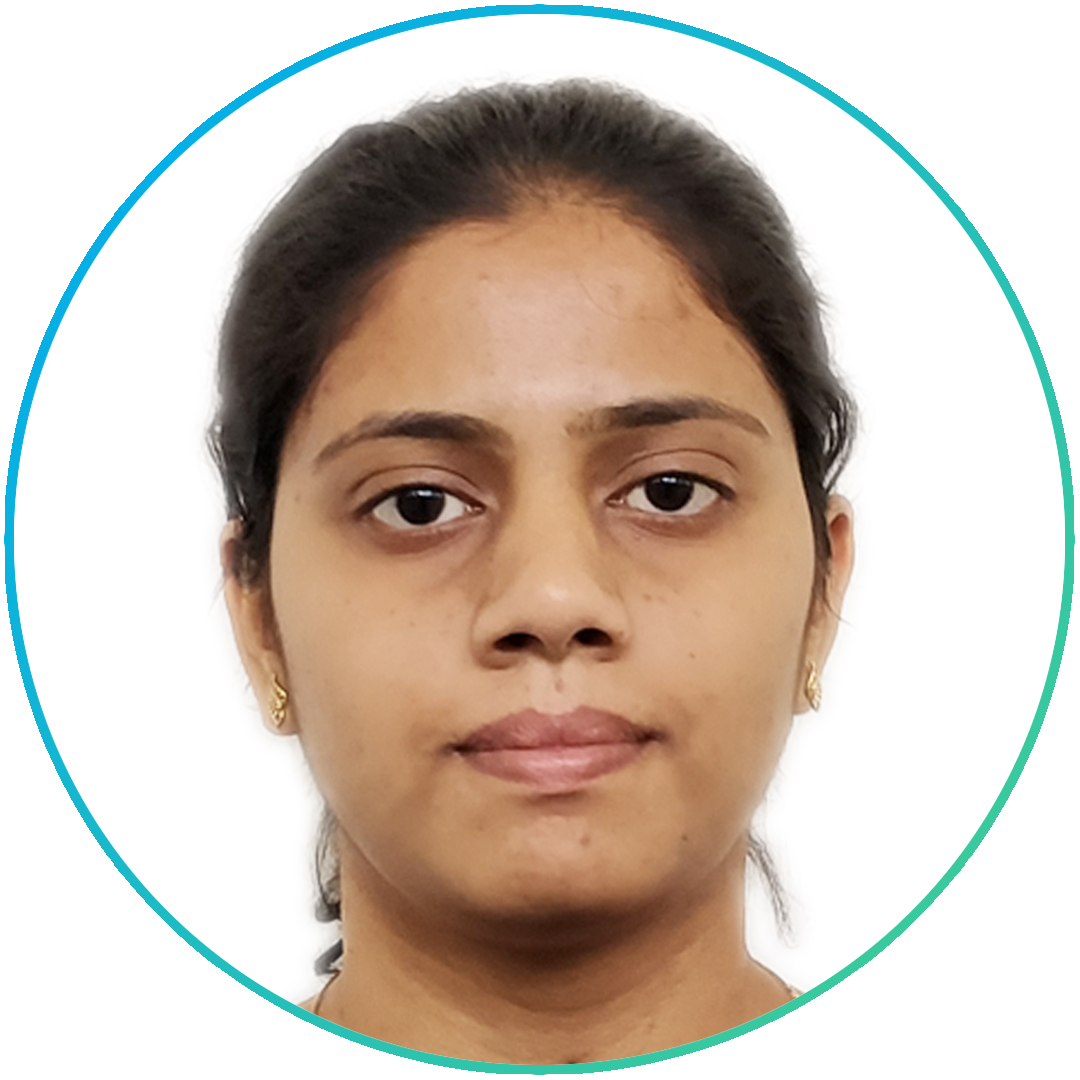
Maasika Mahotsav - A Week-Long Festival To Celebrate And Break Taboo Around Menstruation
22 May 2018 4:29 AM GMT
‘A Period of Sharing’, along with its partners, gears up to host the second edition of its indigenous festival on periods – Maasika Mahotsav, in five Indian states. India’s first menstruation festival, Maasika Mahotsav kick-started on May 21 and will culminate on World Menstrual Hygiene Day – May 28. Various cultural and sporting activities mark this awareness campaign across different parts of Maharashtra, Gujarat, Tamil Nadu, West Bengal and Uttar Pradesh. OoWomaniya (Gujarat), DLRP Chai Project, Wash and (West Bengal); Muheem (Uttar Pradesh) and Sustainable Menstruation Tamil Nadu (Tamil Nadu) are partnering with ‘A Period of Sharing’ to smash the menstrual taboos and create awareness on sustainable menstruation using either sports/art/culture. Maasika Mahotsav is the brainchild of A Period of Sharing – an initiative by Muse.
Maasika Mahotsav aims to invert the negative attitude towards menstruation. Riddled with taboos, menstruation can be extremely disempowering for women. The issues range from untouchability to infections caused by lack of access to the right kind of menstrual products. Celebrating this phenomenon which is otherwise shrouded in mystery, through poetry, songs, art, dance, sports and a whole lot of other activities, will encourage people to see periods for what it is: a natural and empowering experience.
A women’s football match, awareness sessions, skits, dances, poetry sessions, walkathon and cultural activities, workshops for government officials and in schools are the activities that will take place in the different states celebrating Maasika Mahotsav.
Both sustainable menstruation and taboos form critical aspects of menstruation for women, environment and the society.
The National Family Health Survey 2015-16 shows an increase in the number of women using hygienic means to manage menstruation in India, 78% in urban areas, 48% in rural areas and 58% overall. Today, nearly 6 out of 10 women in India have access to disposable sanitary napkins. While it is a good thing that menstrual hygiene has increased, these disposable napkins are actually quite dangerous. Maximum danger is posed to:
• Women who use it: Their health is compromised due to the DSN containing harmful chemicals including dioxin, furan, pesticides and other endocrine disruptors.
• Garbage cleaners: who are exposed to the chemicals found in the sanitary napkins.
• The Environment: sanitary napkins contain non-biodegradable materials which pollute the environment. Coupled with the chemical exposure they also impact countless animals.
Awareness on Sustainable Menstruation is the need of the hour. Disseminating knowledge about cloth pads and menstrual cups has become extremely crucial. There is a need to eradicate the misconceptions related to menstruation as that enables society to speak about periods openly. Having to sleep separately, not touching the pickle, temples entry restrictions have all been prevalent in our society for long. The aim of Maasika Mahotsav is to address these issues.
A Period Of Sharing
A Period of Sharing is an initiative by Muse, started in 2014 to spread awareness on Sustainable Menstruation. It started off as a drive to donate sanitary napkins to the Nareshwadi School in Dahanu and has since then diversified to tackle other issues related to menstruation. In 2017 with an aim to reach out 6000 women, POS has started organizing sessions in institutions, societies and schools about menstrual cups and cloth pads.
 All section
All section














